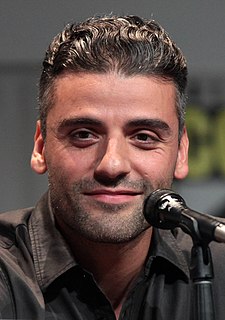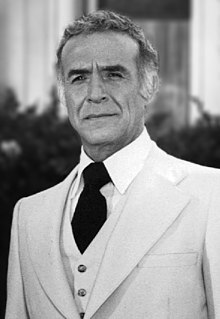A Quote by Charles Dickens
I was always treated as if I had insisted on being born, in opposition to the dictates of reason, religion, and morality, and against the dissuadinig arguments of my best friends.
Related Quotes
Everywhere the tendency has been to separate religion from morality, to set them in opposition even. But a religion without morality is a superstition and a curse; and anything like an adequate and complete morality without religion is impossible. The only salvation for man is in the union of the two as Christianity unites them.
A free thinker used to be a man who had been educated on ideas of religion, law, morality, and had arrived at free thought by virtue of his own struggle and toil; but now a new type of born freethinker has been appearing, who’ve never even heard that there have been laws of morality and religion, and that there are authorities, but who simply grow up with negative ideas about everything, that is savages.
Religion is as necessary to reason as reason is to religion. The one cannot exist without the other. A reasoning being would lose his reason, in attempting to account for the great phenomena of nature, had he not a Supreme Being to refer to; and well has it been said, that if there had been no God, mankind would have been obliged to imagine one.
Let it simply be asked where is the security for property, for reputation, for life, if the sense of religious obligation deserts the oaths, which are the instruments of investigation in the Courts of Justice? And let us with caution indulge the opposition, that morality can be maintained without religion. Whatever may be conceded to the influence of refined education on minds of peculiar structure, reason and experience both forbid us to expect that National morality can prevail in exclusion of religious principle.
In all things, therefore, where we have clear evidence from our ideas, and those principles of knowledge I have above mentioned, reason is the proper judge; and revelation, though it may, in consenting with it, confirm its dictates, yet cannot in such cases invalidate its decrees: nor can we be obliged, where we have the clear and evident sentience of reason, to quit it for the contrary opinion, under a pretence that it is matter of faith: which can have no authority against the plain and clear dictates of reason.
However much the creationist leaders might hammer away at their scientific and philosophical points, they would be helpless and a laughing-stock if that were all they had. It is religion that recruits their squadrons. Tens of millions of Americans, who neither know nor understand the actual arguments for - of even against - evolution, march in the army of the night, their Bibles held high. And they are a strong and frightening force, impervious to, and immunized against, the feeble lance of mere reason.
Curiosity and irreverence go together. Curiosity cannot exist without the other. Curiosity asks, "Is this true?" "Just because this has always been the way, is the best or right way of life, the best or right religion, political or economic value, morality?" To the questioner, nothing is sacred. He detests dogma, defies any finite definition of morality, rebels against any repression of a free, open search of ideas no matter where they may lead. He is challenging, insulting, agitating, discrediting. He stirs unrest.
In his address of 19 September 1796, given as he prepared to leave office, President George Washington spoke about the importance of morality to the country's well-being: Of all the dispositions and habits which lead to political prosperity, Religion and Morality are indispensable supports. . . . And let us with caution indulge the supposition that morality can be maintained without religion. . . . Can it be that Providence has not connected the permanent felicity of a Nation with its virtue?
At one time,' Golenishchev continued, either not observing or not willing to observe that both Anna and Vronsky wanted to speak, 'at one time a freethinker was a man who had been brought up in the conception of religion, law, and morality, who reached freethought only after conflict and difficulty. But now a new type of born freethinkers has appeared, who grow up without so much as hearing that there used to be laws of morality, or religion, that authorities existed. They grow up in ideas of negation in everything - in other words, utter savages.



































